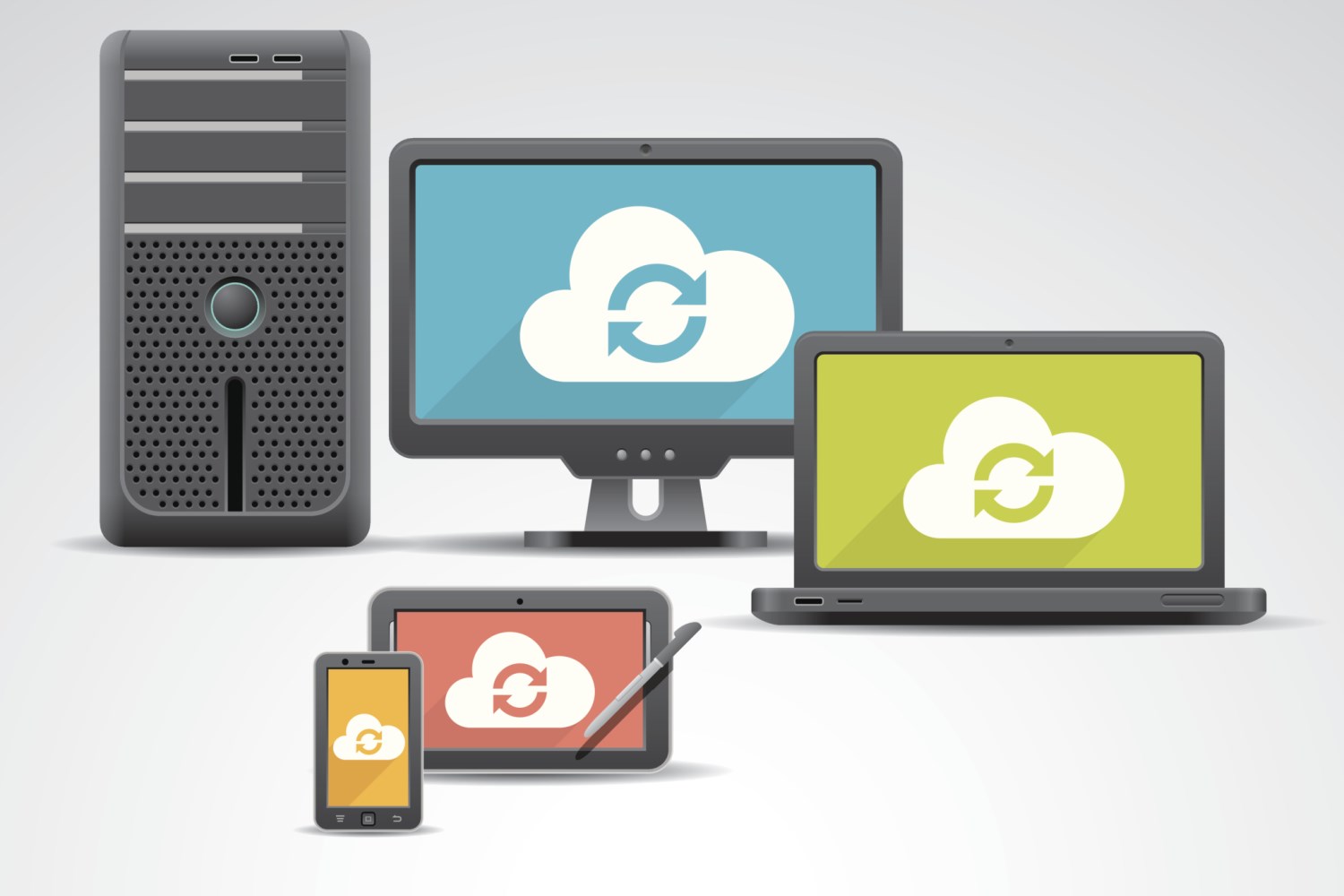
I’ve been trying to figure out a better way to articulate what’s been happening in the multi-screen era we have shifted to.
I say “shifting” because there are many markets where one screen still dominates most consumers’ connected experiences. What is fascinating about those markets is that it’s a mobile device that’s the primary computing device for these consumers — not a PC with a mouse and keyboard designed to be used in a stationary setting.
I’ve never liked the term “post-PC,” primarily because in many western markets, the mouse-and-keyboard PC is still being used in conjunction with other connected devices. The term “post-PC” carries with it a tone that de-emphasizes the role of the PC more than it should. The other term we have used, which I no longer like, is the “PC plus” era. This term emphasized that the mouse-and-keyboard PC was still relevant, but it puts too much emphasis on the mouse-and-keyboard PC for my liking.
The best way to understand the computing shift that’s happening is to view the PC as having been decentralized. Prior to our smartphones and tablets, the PC was the center of our computing universe. I vividly remember Macworld in 2001 where Steve Jobs eloquently positioned the Mac as the center of consumers’ digital lives. For nearly a decade, this was true for many computer users. Everything revolved around the PC and was an accessory to the PC.
This is no longer the case. Think about the last time you physically – with a wire – connected your smartphone or tablet to your PC? I honestly think it’s been at least a year since I plugged my iPhone, iPad, or even my DSLR camera into my physical PC using a wire.
The decentralization of the PC has become even more evident to me in the past few years. Being that I’m the most technical person in my immediate and extended family, I’m generally the person who fixes PCs for family members. For the better part of the past decade, I can’t remember a family gathering around the holidays at someone else’s house where I wasn’t asked to take a look at what was wrong with someone’s Windows PC. Yet over the past few years, I’ve noticed those requests have shifted from fixing Windows notebooks or desktops to explaining how to do things with their iOS or Android devices.
What’s key about this shift is that it’s being led by mobility. We have noticed this shift with every advance in computing: Notebooks overtook desktops as the dominant computing form factor, and now smartphones and tablets are overtaking notebooks as the primary computing devices (in terms of a percentage of computing time for many — especially if we take a worldwide view of the market).
The center is now mobile. The mobile market is bigger than the PC market. The mobile Internet is bigger than the desktop Internet. The mobile Internet is the first-class citizen and the desktop Internet is secondary to it. The world is already mobile.
The PC will still live on and sell hundreds of millions of units annually, while mobile devices will grow and sell billions of devices annually. Each plays a role as part of a computing solution. The cloud will keep all our devices in sync, allowing us to choose any number of screen size and form factor combinations as a part of our individual computing solution.
Mobile computing devices will become more powerful and more capable. This reality will continually challenge legacy devices that require a consumer be stationary to get the full value of the product. The share of compute time is already shifting from fixed to mobile devices. This reality is upon us. The PC has been decentralized and mobile is the new center.
What’s interesting to ponder is if there’s another shift coming that can decentralize the smartphone.
Bajarin is a principal at Creative Strategies Inc., a technology industry analysis and market intelligence firm in Silicon Valley. He contributes to the Big Picture opinion column that appears here every week on TIME Tech.
More Must-Reads from TIME
- Donald Trump Is TIME's 2024 Person of the Year
- Why We Chose Trump as Person of the Year
- Is Intermittent Fasting Good or Bad for You?
- The 100 Must-Read Books of 2024
- The 20 Best Christmas TV Episodes
- Column: If Optimism Feels Ridiculous Now, Try Hope
- The Future of Climate Action Is Trade Policy
- Merle Bombardieri Is Helping People Make the Baby Decision
Contact us at letters@time.com